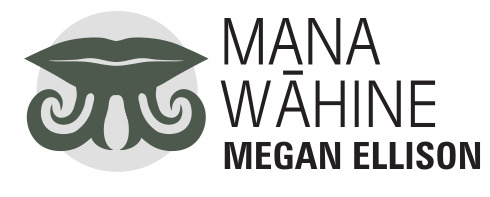
Names are interesting as there are some parts of that person that I reckon are imbued into that child. Tūkitaharaki is softly spoken and a deep thinker and very shy, not unlike his namesake — although the massive divide between the generations amazes me when I think about it. I look at him now and couldn’t possibly imagine him milking cows in the early hours of the morning, riding a horse to Portobello, crossing by boat to Port Chalmers and then catching a train to Otago Boys’ and then on to a Māori boys boarding school in the North Island. Of course, I baby him far too much and do far too much for him and I know it, so I really can’t fathom how he might cope in war like his namesake.
My pōua, who was born in 1907, was a sergeant in the 28th Māori Battalion for Company D, his serial number was 62745. Apparently, when war broke out his father burst into tears at the kitchen table, knowing that his sons would have to go. Sadly, his father died while he was in Egypt, a loss Pōua felt keenly. His father was a native speaker of te reo Māori and steeped in tikanga and that loss hit hard.
Pōua was interviewed many times over about Ōtākou, his life and in 1982 he was interviewed about going to war. He described all stages of war as being incredibly tough. He said that he and a mate were on the frontline picking up injured soldiers and the bodies and putting them on to a truck. By the end of it, his uniform could stand up on its own. "I’m sure if I took my trousers off, they’d just stand up without me in them ... it was full of blood and stuff, you know," he said. "Every time you picked up a chap, you’d get hands full of blood and stuff ... .you couldn’t let your feelings be carried away ... you didn’t worry about the blood or anything ... and that’s how it was. We would never get a change for a fortnight."
He described the enemy on both sides of them and a tank about 200 yards off following them with its barrel as they picked up the wounded and dead. Pōua ran back after putting one boy on the stretcher and on to the truck to retrieve his tommy gun and pulled it carefully along the ground so he couldn’t be seen. However, shots were fired at him but missed, just above his head. He reckoned they were trying to teach him a lesson for taking the gun.
Pōua was in the attack on the Sollum barracks, Libya, which involved all companies. He said: "Governor Matthews was in Sollum ... we advanced there ... It was early morning, just breaking daylight and the whole battalion broke into a haka, 800 voices were calling out, you know ... you could hear it for miles, and what a feeling.
"You could see the Jerries all firing at us, you could see the tracers coming and the tracer bullets ... they seemed to go straight around and whizz past, you know. We managed to get right there, we got close, a couple of hundred yards and everything went dead. The Jerries dropped all their tools and ran. However, they retreated to Hellfire, which was miles beyond it ... they could still shell us from there but we took Sollum."
Pōua returned from war to Ōtākou and was truly proud to be a veteran of the 28th Māori Battalion. I am sure that didn’t come without its challenges. There was no support for post traumatic stress and times were tough. In some instances, Māori veterans did not receive a pension yet Pākehā veterans did. Pōua returned to the loss of key pou in our small community, including his father and aunts and uncles. In World War 1 and 2 we lost our men, which meant losing an unfulfilled potential, a language, tikanga and mātauranga ... it was close to the final nail in the coffin for an already struggling community facing layers and layers of colonisation.
So, I rant on to my boy about his name and his great pōua, and to never take his name lightly, and that he is imbued with the blood of Māori who fell on the battlefield, and that is a strength.
Ka maumahara tonu tātou ki a rātou.











